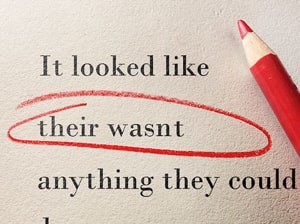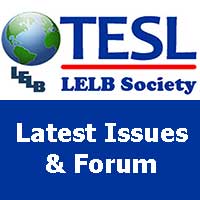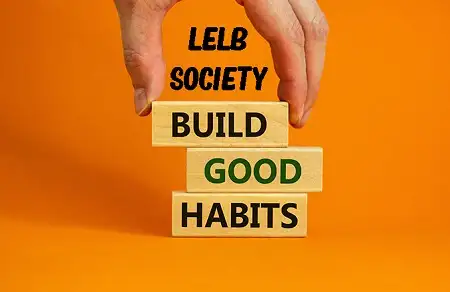Spoonerism 601 Words You Need to Know
Spoonerism 601 Words You Need to Know /ˈspuː.nər.ɪ.zəm/ (noun) Definition an unintentional mistake in pronouncing two words in succession in which the first sounds of the two words are exchanged humorously, accidental verbal error, slip of the tongue, gaffe Example A spoonerism is an error in speech in which corresponding consonants, vowels, or morphemes are …






